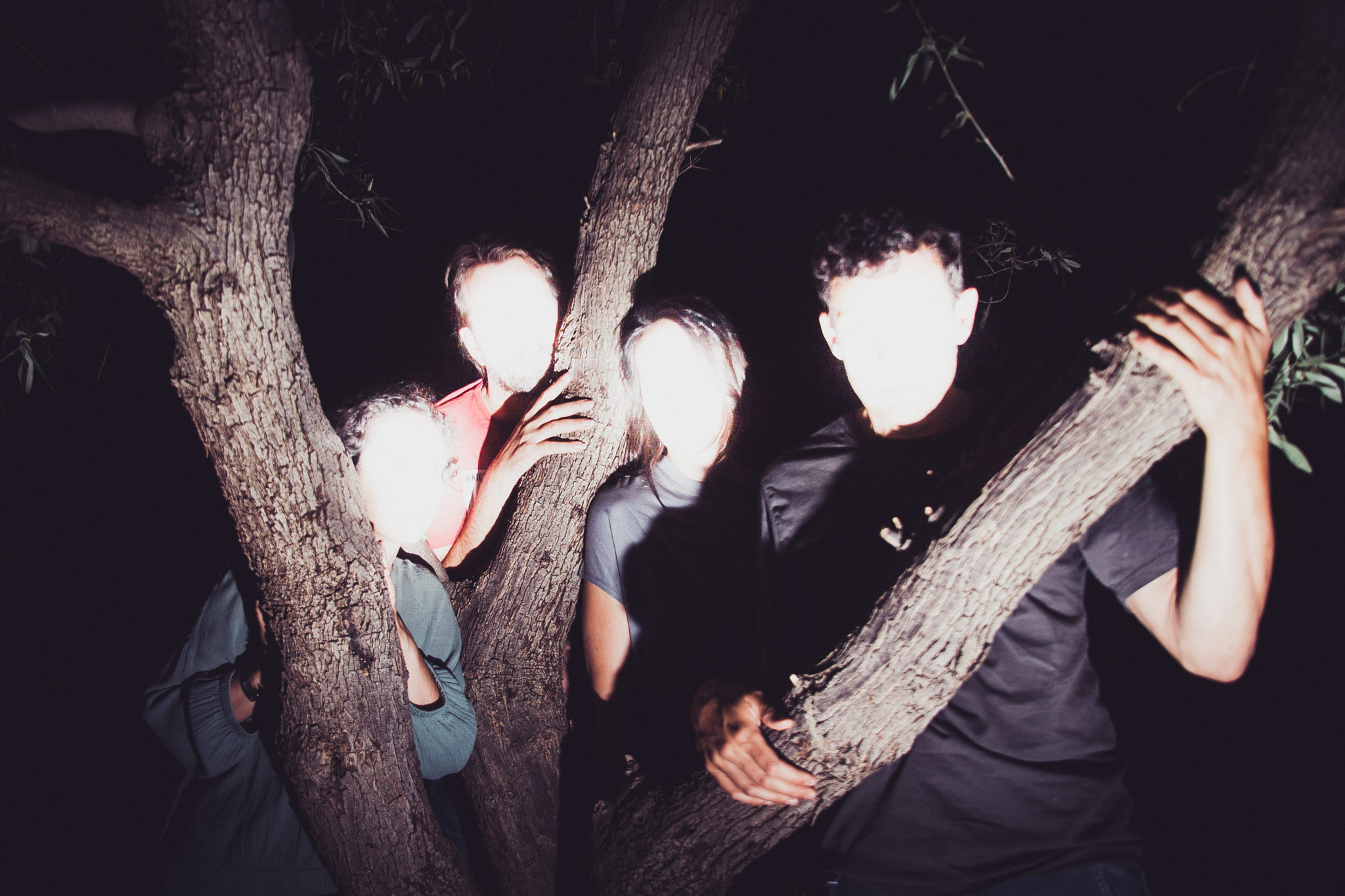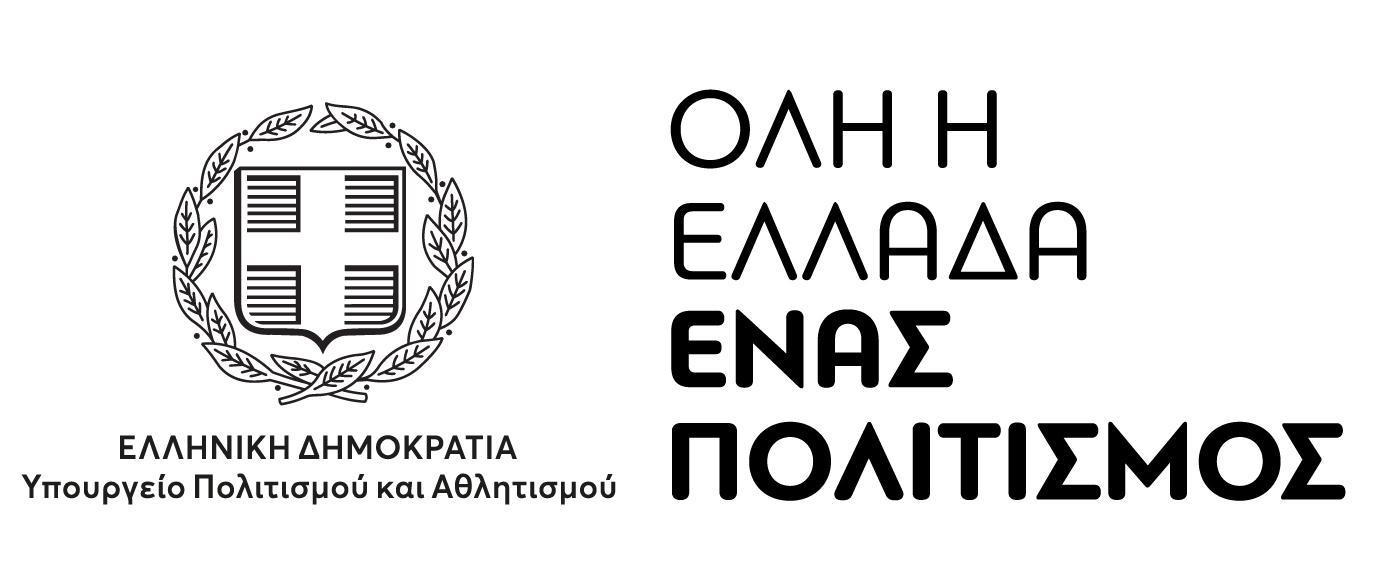| The cutoff of Bergadis |
-text of 15th century Cretan literature-
The descent into the Underworld is a heritage of the universal human tradition, we find it in every people everywhere in the world. As long as death dominates our conscious and unconscious thoughts, we celebrate life, sing, fall in love and resort to Art.
We know nothing about Bergadis, except that he lived in Crete and we have in our hands the text of “Apokopos”. “Apokopos”, i.e. the one who fell, is an allegory in fifteen syllables about a man who dreamed of his descent into Hades.
Bergadis writes a thriller. A chilling account of meeting those who are no longer here. Friends and enemies, loved ones and strangers. One of the qualities of death, one of the first that jumps out in us is darkness. Where you can’t see. What you can’t see you can hear, you can even experience, like in a dream. The idea is the transience of life, an idea extremely dear to the West in the late Middle Ages.
The hero of Bergadis, whose name we never hear, makes a journey to the Underworld. At the root of a tree on which he has stood to rest, a hole-gate to Hades appears. And from there begins a shocking journey full of encounters with gruesome dead, loved ones, parents and siblings, but also other dead who all have the same persistent question:
Anyone remember us up there?
In the gloom of the Other Place, what the author illuminates is the anguish of the dead to remember, the longing to confirm to themselves that they existed. Here it is not the face of the dead that seems terrifying, but oblivion. He who forgets and is forgotten. This is the nightmare. That chills the blood, that you will forget and be forgotten.
The actors take on the juggling fifteen-syllable “Apokopos” and converse with the sound environment created by the musicians Mislav Režić and Antigoni Tsalla. Just as the text of Bergadis, who was probably the scion of a Venetian family, was written in Renaissance Crete, under the influence of Venetian writers and was first printed in a Venetian printing house, so the music of this performance follows in the footsteps of that era and connects us with today.
As a central musical figure, the only known (to date at least) Greek renaissance composer of spoken music, born in Chandaka, Crete, Francis Leontaritis, who worked as a singer in the church of St. Mark in Venice, takes the lead. Thematic excerpts of his works are used as raw material to create new compositions and improvisations with the help of electronic media by the musicians Mislav Režić, guitar (classical-electric) and Antigoni Tsalla, flute (contemporary and renaissance). These compositions are flanked by other arrangements for flute and guitar, as well as some for solo lute, written by Venetian composers of the time such as Joan Ambrosio Dalza, Francesco da Milano, Franciscus Bossinensis etc., as well as anonymous ones from his collections Petrucci, the pre-eminent music publisher during the 15th-16th centuries in Venice, works that in all probability were the musical background of Frangiskos Leondaritis and also of the author Bergadis himself.
Treating a 15th century text as a musical form, a contemporary rhapsody full of secret and magical passages into the world of our deepest fears and darkest hopes dominates the directorial conception of the Elephas tiliensis group.
A musical composition of sounds and human voices create an associative depiction of an unknown and secret place, flooded with stormy emotions and terrible memories. The sound universe traces the iambic meter and investigates a contemporary prosody that will carry the memory of history and allow the freedom of our associations.
Music Dramaturgy :
Set – Costumes:
Photos, Trailer:
Actors:
Musicians:
Antigone Tsalla, Mislav Režić
Magdalene Avgerinou
Thomas Betsios
Dimitris Agartzidis, Despoina Anastasoglou
Mislav Režić, Antigone Tsalla
The performance is part of the 2021 program of the institution “All Greece is one Culture” of the Ministry of Culture and Sports.












